




What is a Common Meeting?
Teachers and Students come together to determine what matters are needed to be moved, how tasks are distributed and solved through the medium of Consensus.
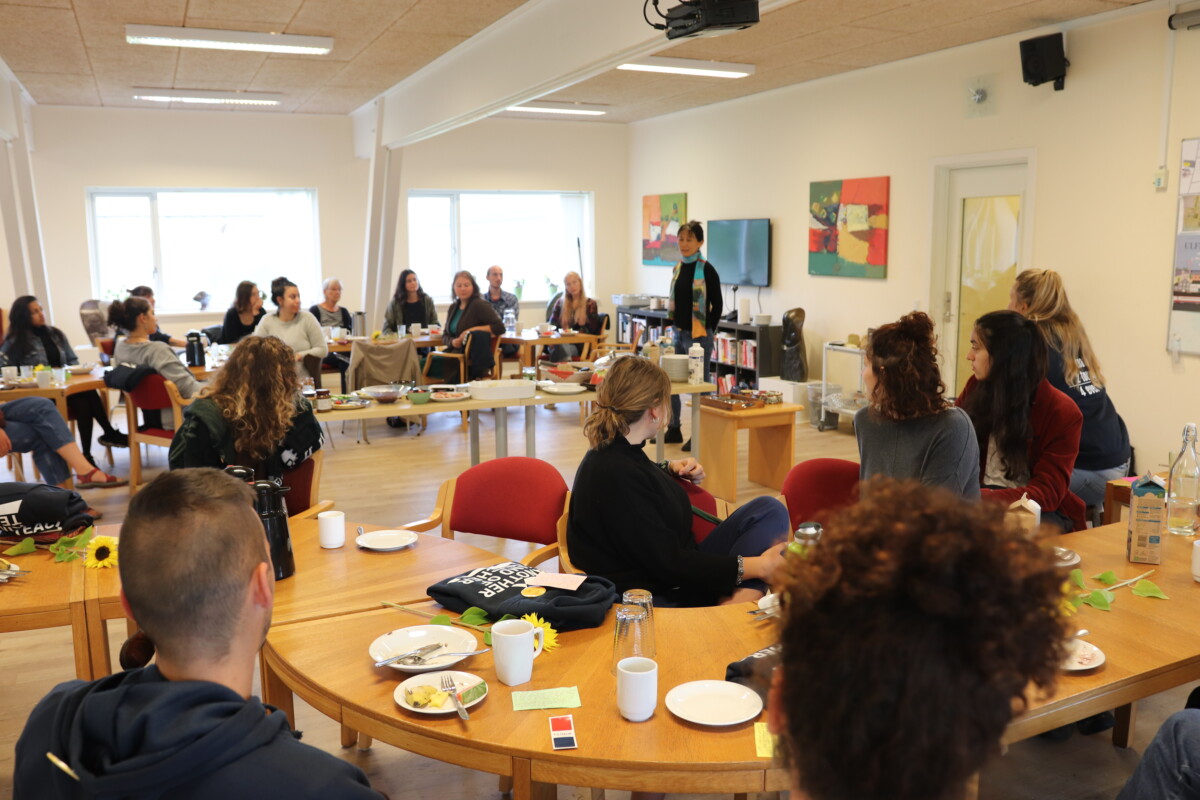
WHAT IS A COMMON MEETING LIKE?
This provokes questions such as: Why are certain things discussed? Or what is the purpose of having a Common Meeting? It usually takes place physically at the campus’ main hall. However, in this case, the Common Meeting takes place Online, a meeting broken up into three stages. First there is an introduction, second there is space for meeting in smaller work groups to tackle the points brought to the meeting, and third the meeting resumes and concludes.
The first point brought up by the facilitator is to agree and coordinate on a Family Day, and this is discussed briefly and quickly agreed.
General news about the Campus is shared by the headmaster, like the outcome of what an official report had to say about one of the other institutions that are part of the campus.
‘What activities are you involved with at the moment?’ The Facilitator asks the students. An overview of important dates is shared, and this gives way to how the next graduation event will arrange the event. It is customary at DNS that Teams that start the programme organise the graduation event for the team that leaves.
Working Groups have been previously designated so Students can go into their work groups sharing a laptop dedicated to move matters like the progress of studies, the school’s electricity savings or enterprises to save up money for paying the costs of the programme.
The points to work on are revised before signing off to work in the smaller groups: Contributions with alternative sources of income. How to make studies more accessible? Important dates. Outreach. Electricity. Savings. Recognition… These common points or goals are set to bring back something of value.
Everyone signs off temporarily, and is split up for the second stage, 45 minutes to work on each matter.
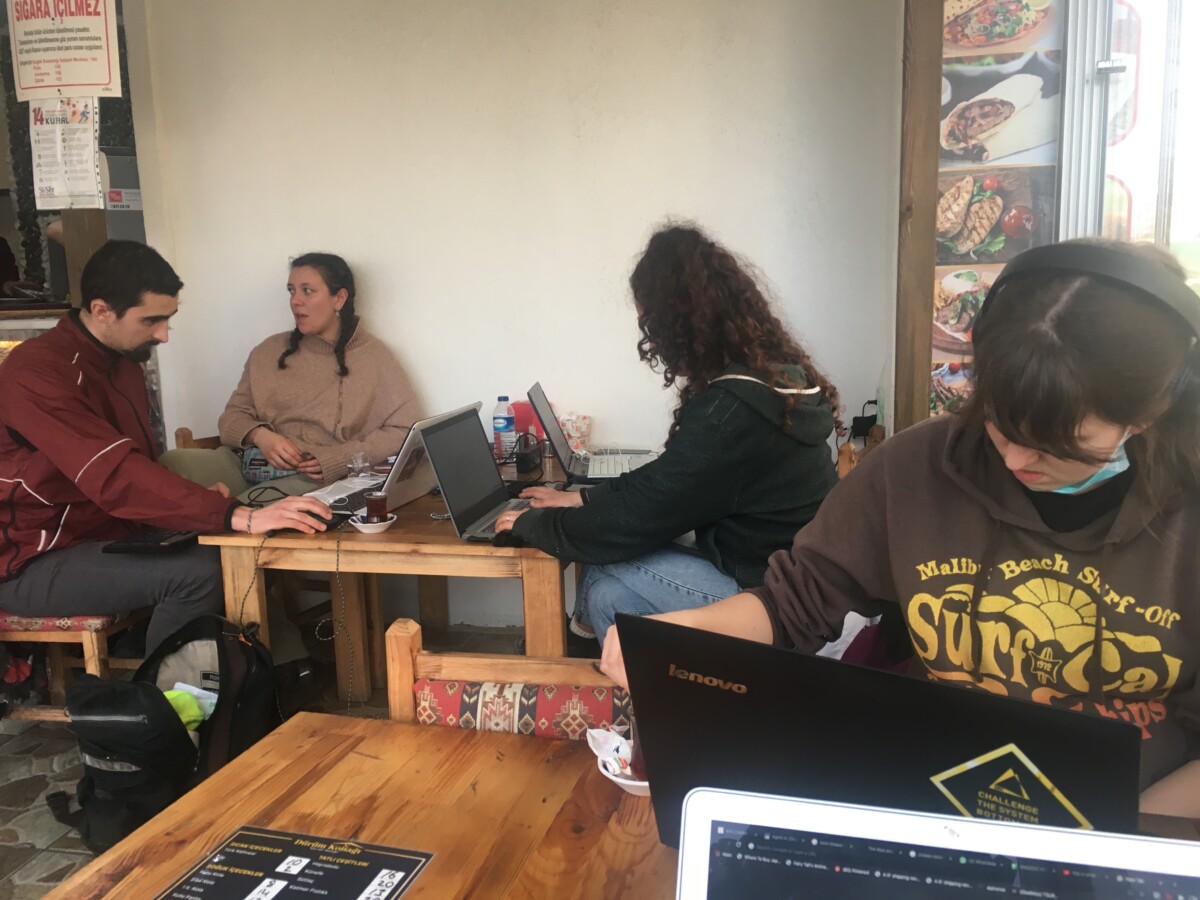
After the 45 minutes are up, everyone meets up again online with what solutions were reached. The Facilitator gives the floor to the first work-group to bring forward their conclusions.
In order of seniority, the teams present their conclusions.
Contributions for alternative economic incomes are related to various enterprises available, for instance: a painting job abroad, a pedagogy assistance job opening, strawberry or apple picking, hay bale moving, au-pair opportunities, letter-sending to schools to prospect practical jobs, cultural actions throughout Denmark, paid courses related to food or other, selling a newspaper through a sponsor, investing time on learning the local language (Danish), so students would be able to ask for a raise in salaries.
The point on how to make studies more accessible is addressed by the next students in turn. Teams sometimes struggle when they are alone, so the highlighted suggestions are as follows:
To establish a study-counsel with a representative from each team, a student and/or a teacher, assigning someone to monitor what studies have been achieved so far, what the milestones are. And assigning someone to define a common period in which there are mixed teams choosing common topics of investigation, and to create a study base for new topics of study. And investing time to send people to develop capacities to share with the community. This student added that there was also a plan for implementing these suggestions.
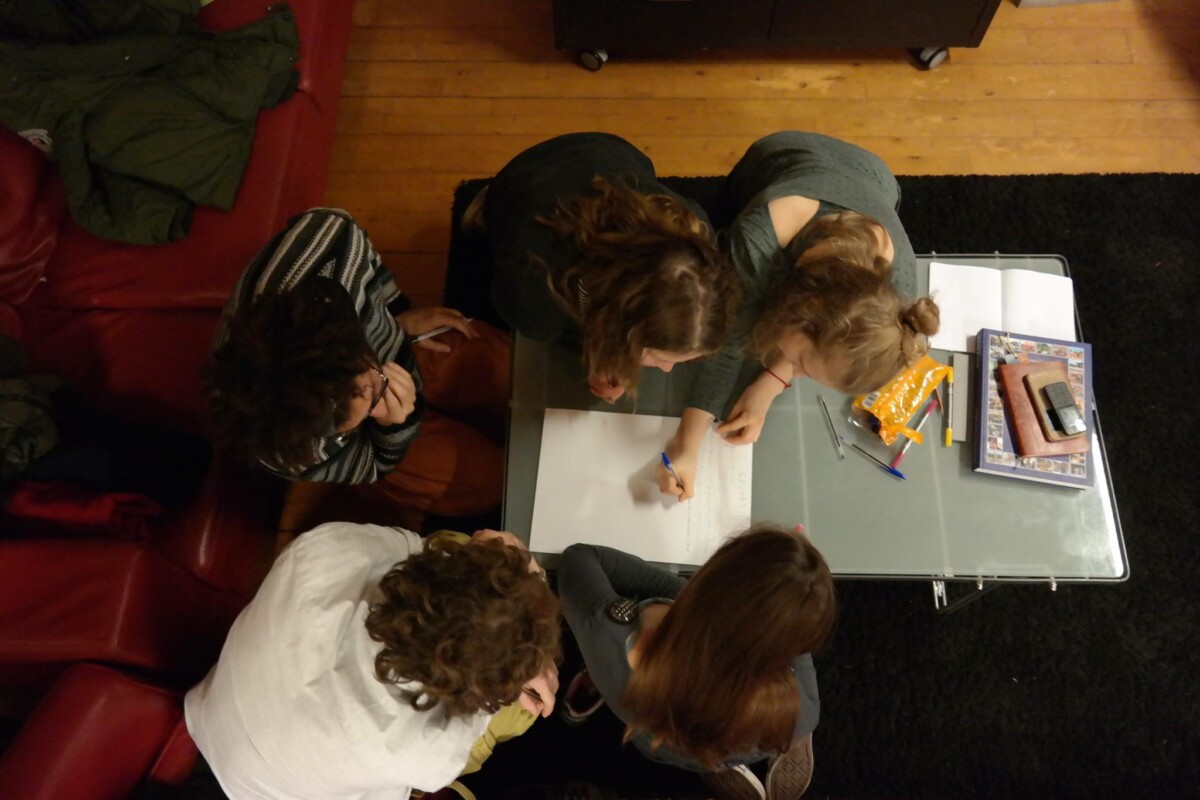
Another group had the overview of important dates of the main events to come. (There has to be an overview of teams coming and going). The five teams coordinate events, common preparations, workshops for new teams from older teams, and find out from other groups what their agendas are.
‘Is it possible to share this calendar?’ Is a question that comes from the audience from the screen’s grid. ’Of course.’ Comes the reply from another box. The side chats get busy with the exchange of addresses, so everybody has access to the information discussed.
The outreach group: There are comments about some of the actions that were not able to be completed. It may happen sometimes at these meetings that a team comes up against something that doesn’t allow them to solve an issue, then it is up to the facilitator to bring up this point again at the following Common Meeting.
Electricity savings. The electricity meter readings are registered on data sheets by a teacher and students. Monitoring the electricity usage, where and how it is consumed or wasted, is quite relevant in order to use electricity more effectively by so many people living together. Research on when electricity is cheapest helps agree on the optimal times the community can use it best.
Recognition. The action points reached were to ask a university how they did their recognition certification, investigate how much it cost, contact ex students who had gone through the process of certificate validation, find out how many hours would equate to official credits as future useful information, and contact someone who knows what the process is.
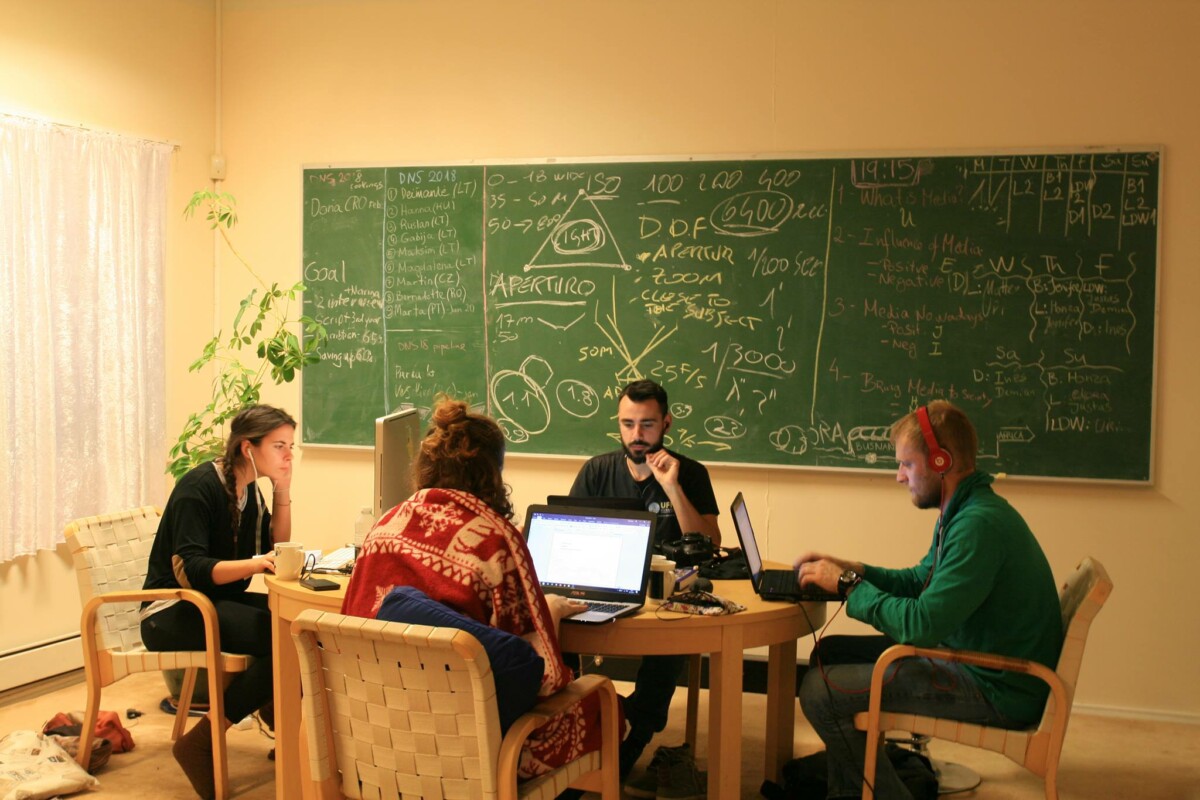
Once the round of items to address is up, the Facilitator gives the floor to a team representative to talk briefly about Team updates:
Like the period in June designed for saving up, also when a physical team gathering could be organised, and revisiting the options of various job placements.
The next team comments on who came back from teaching practices reflecting on their experiences, letting everybody know they will specialize on environmental education in their next period.
Two months are left of saving up for this next team, and they talk about how the first studies have started, two students are getting their bus driver’s licence, that there is one last study weekend left, and that they are moving back to the campus soon!
The students in this last team are spread all over the world, their contact is not too frequent, but they all know that everyone’s doing well.
Another point is made about people participating in a big public gathering, and how to plan for it. It is an open invitation for all teams to consider.
On the last point, one of the teachers asks the students to reflect on the common meeting, when to meet again, how it could be improved the next time, and consider what else should happen in the next Common Meeting.
The facilitator thanked everyone for attending the common meeting and in saying thank you to everybody the meeting ended with good-byes. All the boxes from the grid on the screen turned off one after the other ending the communication.
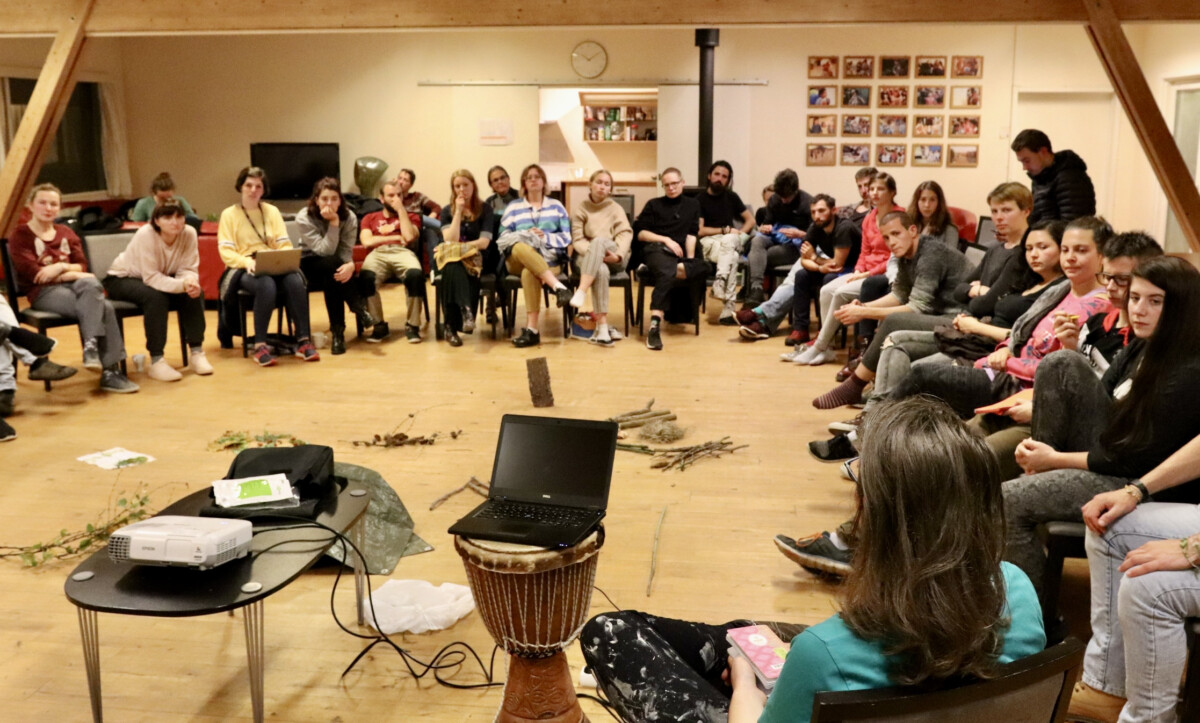
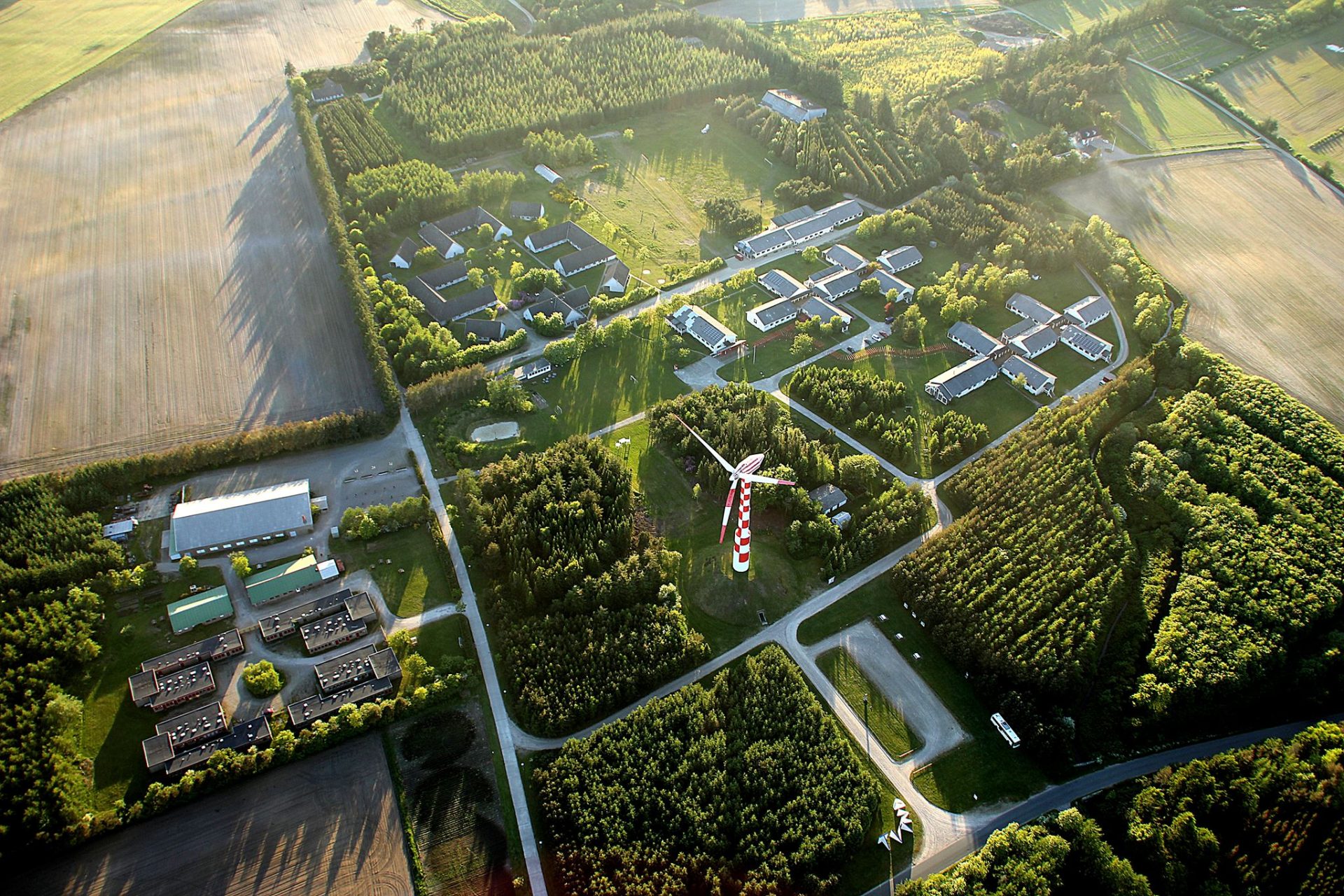
Our community
Tvind is our international community based in Denmark. It serves as a base for different educational institutions – care homes and schools – lumped together by a strong tradition of being untraditional. DNS, our Bachelor course in alternative education, is an integral part and driving force of the community.
Looking outwards
Our learning community is based on values such as togetherness and inclusivity. Not only that – we believe that it is our duty to react to the changes and dynamics of the world around us, and to act on the present reality.
Sustainability
Although far from perfect – in Tvind we do put an effort into caring for our environment. Our historical windmill and our school garden go hand in hand with our commitment to educating ourselves about the Climate Crisis and its interconnectedness with other global issues.
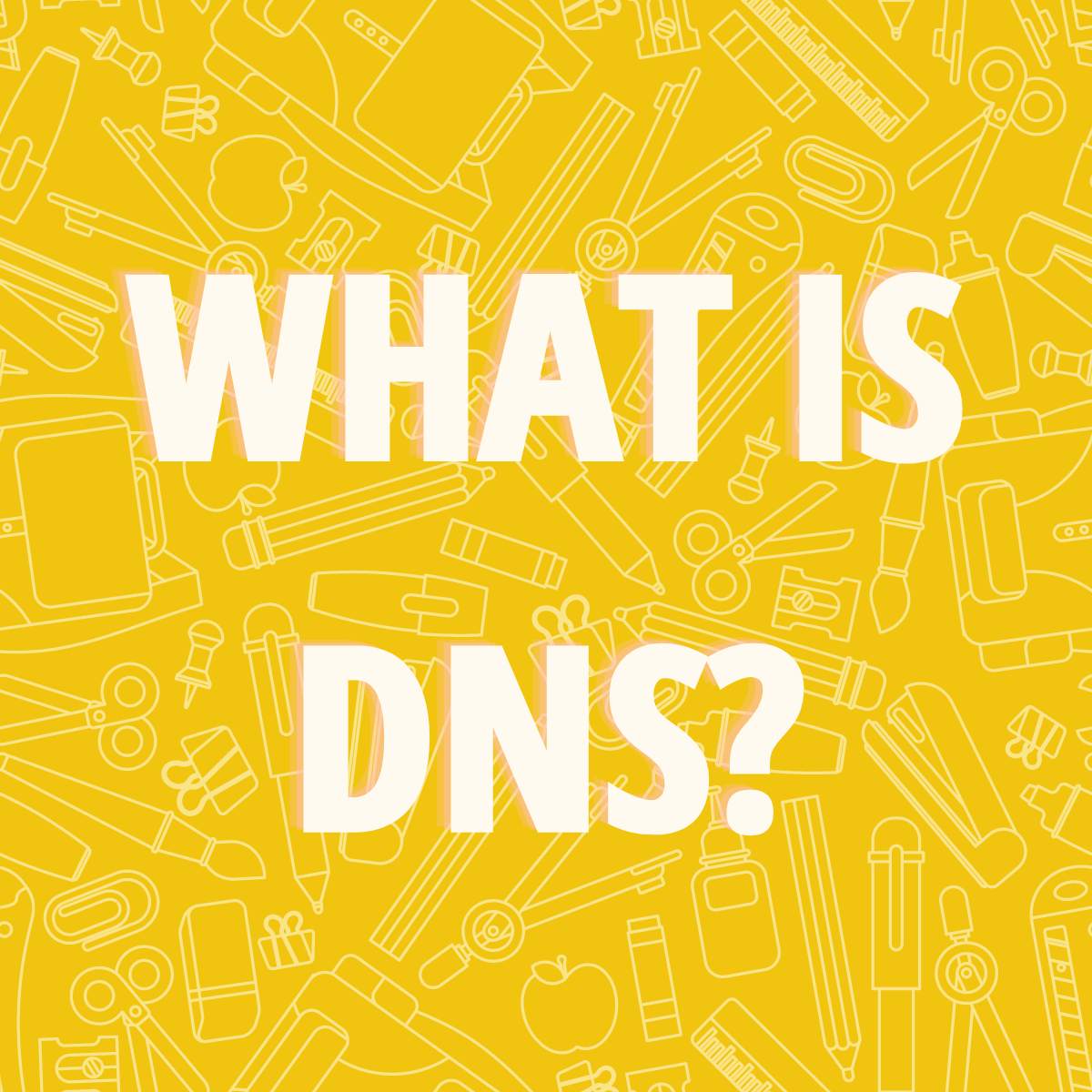
What is DNS?
“The Necessary Teacher Training College” is an alternative higher education aiming to train progressive personalities who are able to understand and respond to the many challenges of our times.
Based in Denmark, our 4-year Bachelor Programme aims to enable its students to become global citizens and proficient educators.
Since DNS was established in 1972, over 1.000 graduates have played an important role in bringing equitable quality education to children and youth, as well as in all sorts of other projects and development programmes worldwide.
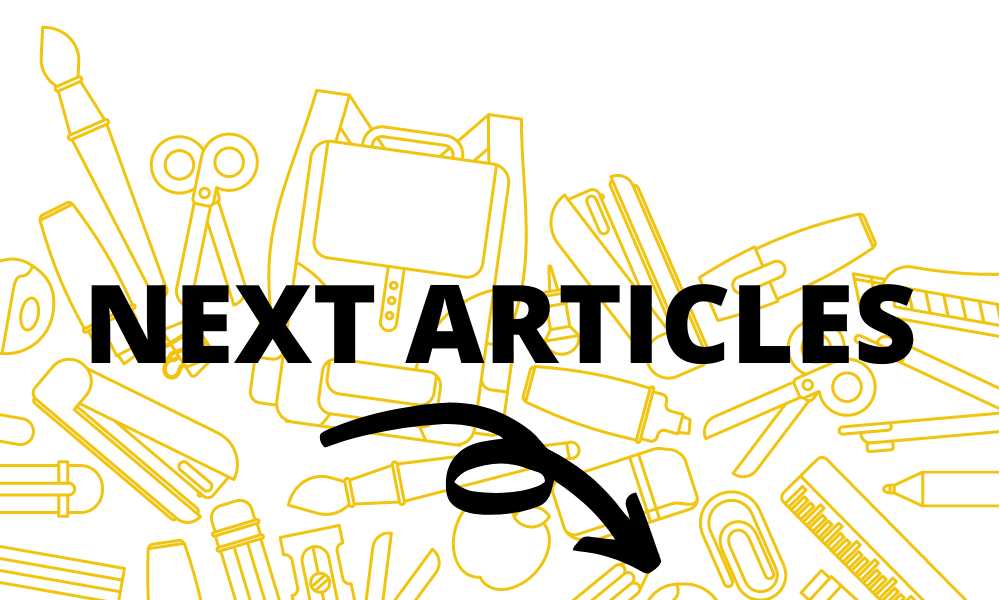
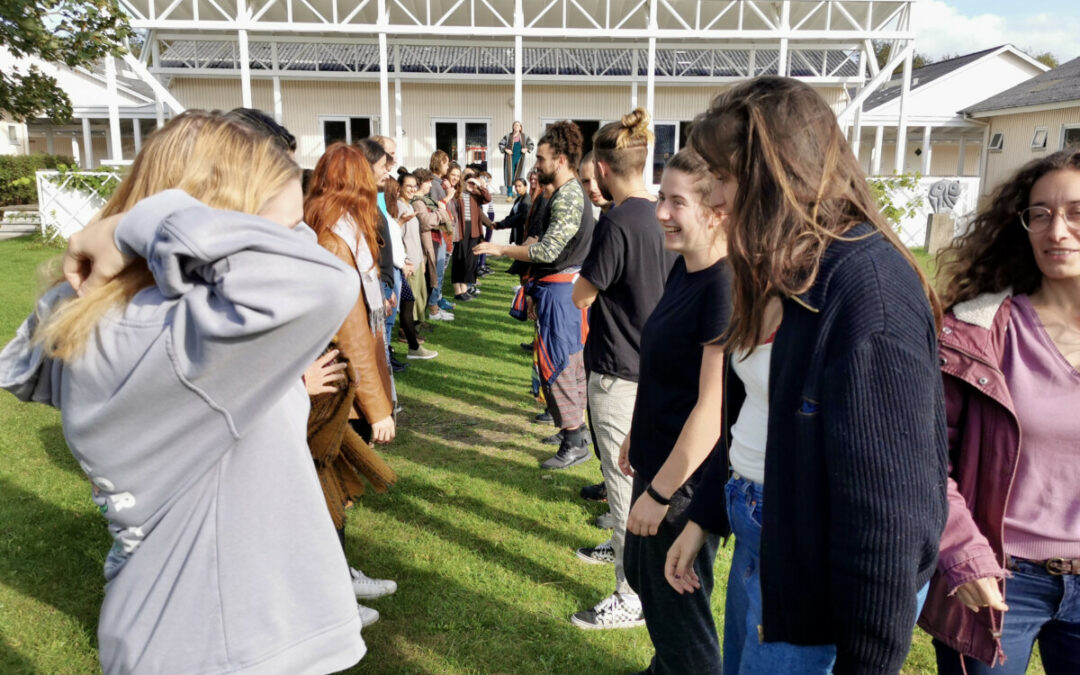
10 surprising elements of community life
If you are curious about what it is like to live in a community, here are 10 elements of community life that you might find surprising – drawn from the collective experience of our 50-year-old Community in Denmark.
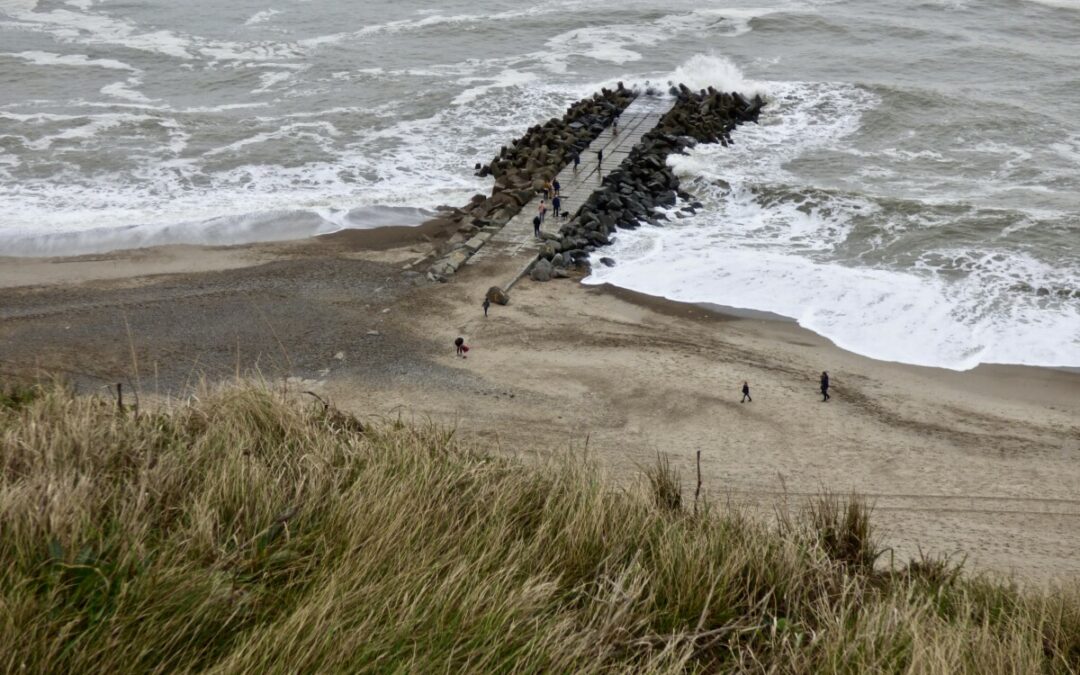
The white noise around Climate Change
Information about Climate Change is vastly available – yet there is little we understand and act upon collectively. Are we educated enough to face the upcoming crisis? And do we need a new vocabulary to better understand and interpret this major issue?
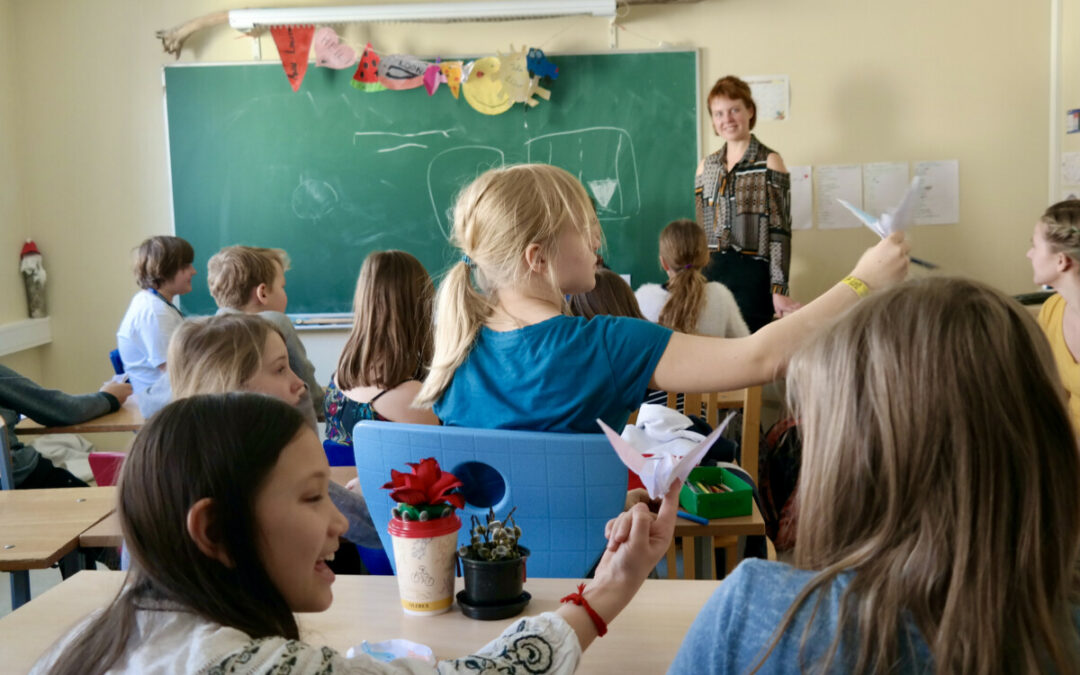
How can we prepare the next generations for the challenges of the future?
What does the future have in store for us? How can we help the next generations to deal with a future of challenges and struggles caused by the failures of the past?

Let’s start a discussion!
Did you like this article? Let us know what you think in a comment!
“At their best, communities do good to their members and to society at large”
Here is what others think:


10 surprising elements of community life
If you are curious about what it is like to live in a community, here are 10 elements of community life that you might find surprising – drawn from the collective experience of our 50-year-old Community in Denmark.

The white noise around Climate Change
Information about Climate Change is vastly available – yet there is little we understand and act upon collectively. Are we educated enough to face the upcoming crisis? And do we need a new vocabulary to better understand and interpret this major issue?

How can we prepare the next generations for the challenges of the future?
What does the future have in store for us? How can we help the next generations to deal with a future of challenges and struggles caused by the failures of the past?

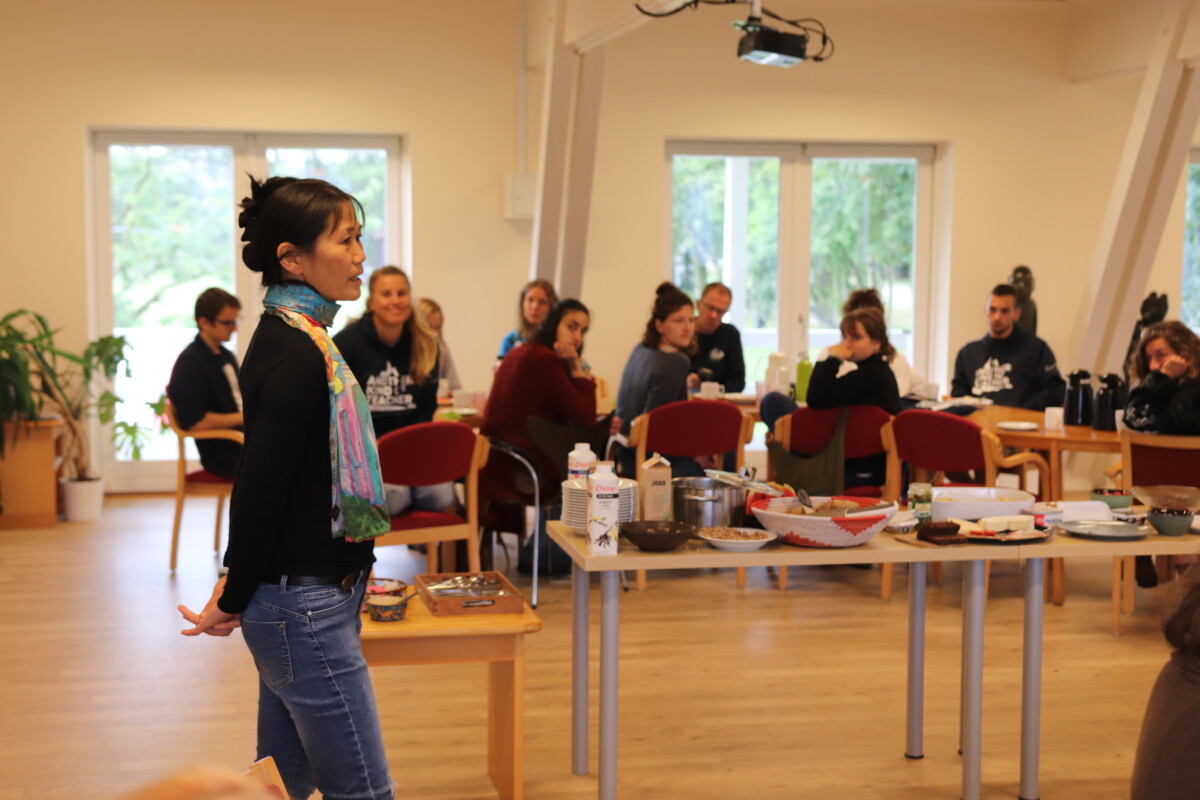
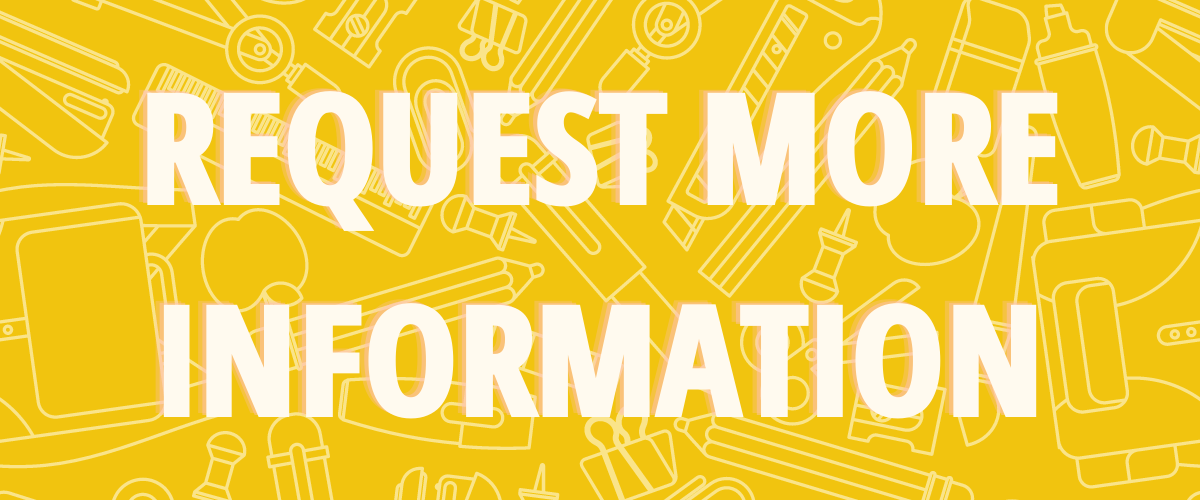

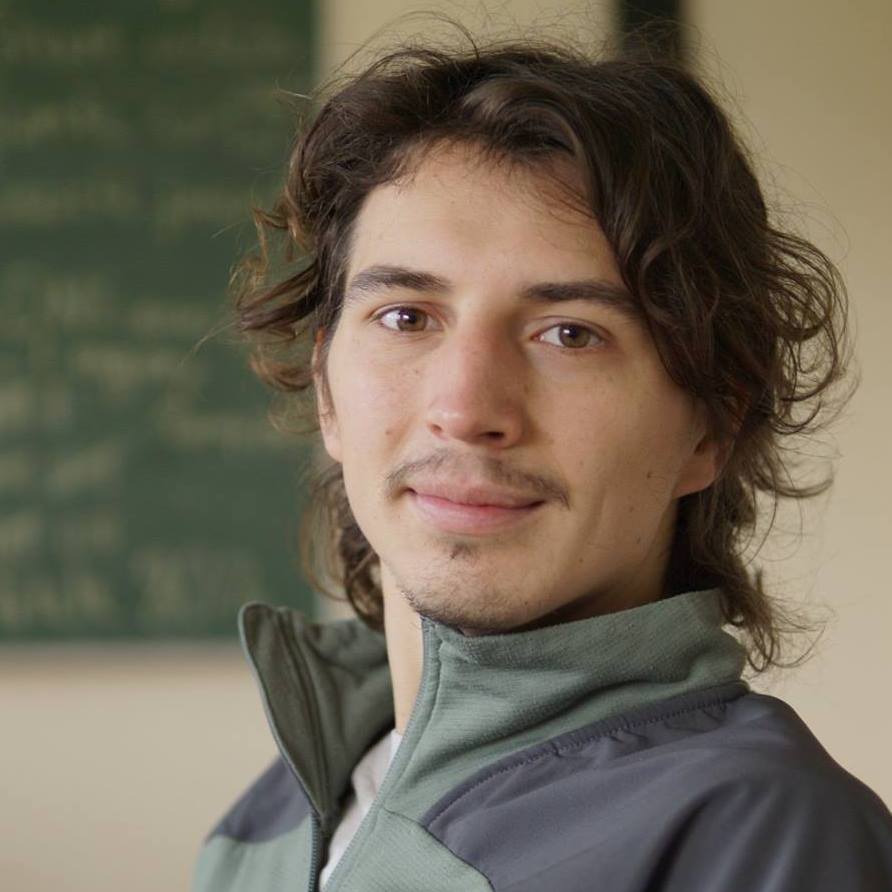
0 Comments